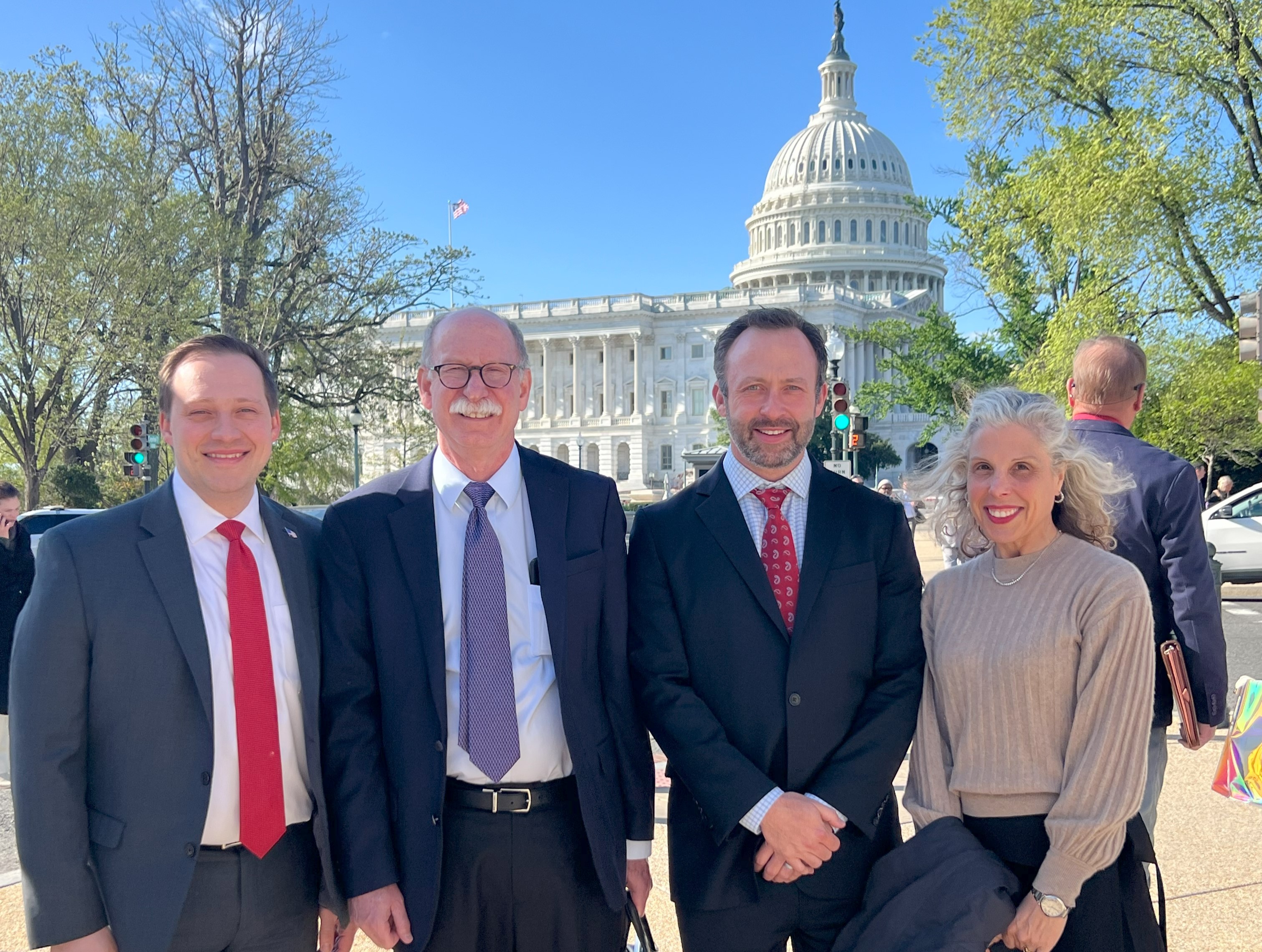LUGPA Policy Update: FTC’s New Report on PBM Practices
January 2025
In January, The Federal Trade Commission (FTC) released its second Interim Staff Report focusing on the practices of pharmacy benefit managers (PBMs), titled "Specialty Generic Drugs: A Growing Profit Center for Vertically Integrated PBMs." The report sheds light on how PBMs, particularly the "Big 3" — CVS Caremark, Optum Rx, and Express Scripts — leverage their control over specialty generic drugs to generate significant profits at the expense of patients, plan sponsors, and independent pharmacies. Below are the key findings and implications:
Key Takeaways from the FTC Report:
- High Markups: Between 2017 and 2022, the Big 3 PBMs imposed markups of hundreds to thousands of percent on specialty generic drugs, including those treating heart disease, cancer, and HIV, when dispensed through their affiliated pharmacies.
- Market Share Manipulation: An increased percentage of the most profitable specialty generic prescriptions were funneled to PBMs' affiliated pharmacies rather than independent ones, consolidating their market dominance.
- Revenue Gains: During the study period, the Big 3 PBMs generated over $7.3 billion in dispensing revenue above the National Average Drug Acquisition Cost (NADAC) on specialty generic drugs.
- Spread Pricing Practices: PBMs profited significantly from spread pricing, charging plan sponsors more for drugs than they reimbursed pharmacies.
- Parent Conglomerate Profits: The top specialty generic drugs analyzed in the report constituted a significant revenue stream for the PBMs' parent companies.
- Rising Costs for Patients and Plan Sponsors: Plan sponsor expenditures and patient cost-sharing on specialty generics grew at double-digit compound annual growth rates over the study period.
Industry and Legislative Responses:
- PBM Industry Pushback: The report has drawn sharp criticism from PBMs and their lobbyists, who argue that the findings focus on a narrow subset of drugs and fail to account for the cost-saving guarantees PBMs claim to provide. For example, CVS and the Pharmaceutical Care Management Association (PCMA) have dismissed the report as misleading and incomplete.
- Congressional Momentum: Bipartisan efforts to address rising drug costs have focused on reforming PBM practices, with December legislation proposing the breakup of PBMs. Policymakers continue to scrutinize their role in driving up healthcare expenses, considering additional reforms to enhance transparency and accountability.
Implications for Urologists and Patient Care:
The FTC's findings reinforce the need for greater oversight of PBM practices that directly impact the cost and accessibility of critical medications for patients with chronic and life-threatening conditions. Urologists should remain vigilant about how PBM-driven pricing structures influence drug affordability and access for their patients.
LUGPA's Advocacy Priorities:
LUGPA continues to advocate for reforms that:
- Ensure fair and transparent pricing in the pharmaceutical supply chain.
- Promote competition by curbing anti-competitive practices of vertically integrated PBMs.
- Support independent pharmacies and practices to preserve patient choice and affordability.
The FTC's ongoing investigation and these findings are an important step toward accountability in the PBM industry. LUGPA will continue monitoring this issue and advocate for meaningful reforms prioritizing patient access and affordability over corporate profit.
|




